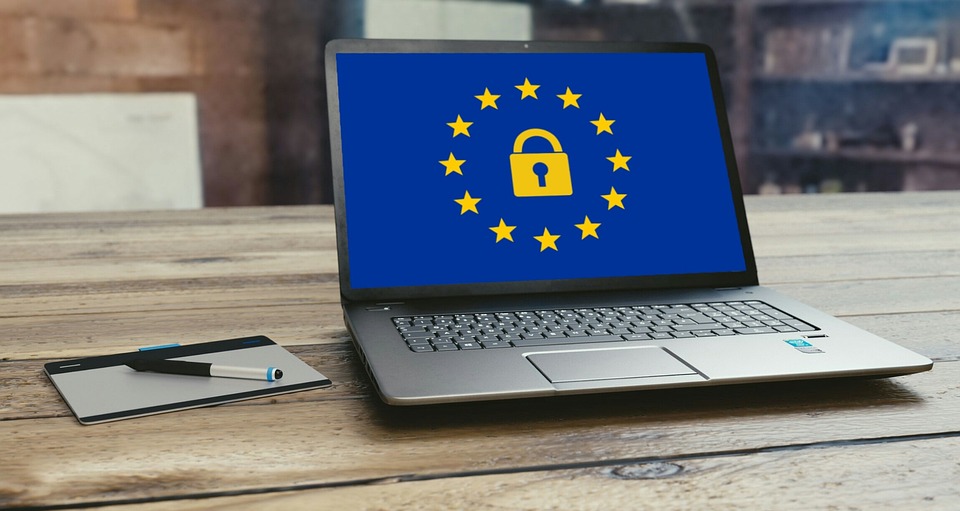The European Union has recently made a historic stride in the regulation of artificial intelligence with the unanimous adoption of the AI Act on February 12th. This pivotal legislation underscores the EU’s commitment to fostering AI innovation while upholding ethical standards and individual rights. Let’s delve into the key provisions and implications of this pivotal regulation.
Also Read: Indian Government Contemplates Adding AI Regulations to IT Act

The Interplay of Data and AI
The AI Act introduces pioneering obligations for AI model providers, placing a strong emphasis on transparency and accountability. It intersects with the EUCD’s text and data mining (TDM) exception, allowing data reproduction and extraction for AI training, unless explicitly reserved by the right holder. Providers must obtain authorization for TDM, even if conducted outside EU borders, reinforcing the Act’s dedication to safeguarding data rights and ensuring ethical AI practices.
Transparency and Accountability
Central to the AI Act are stringent transparency requirements for AI developers. They are mandated to publicly disclose datasets used in model training, including copyrighted content, fostering trust and accountability in AI systems. This move aligns with global efforts to promote openness and mitigate potential biases or discriminatory practices in AI deployment.
Also Read: ASEAN Releases AI Governance Guide

Guarding Against Democracy Erosion
The Act addresses concerns regarding the erosion of democracy due to generative AI and fake national narratives. By establishing robust transparency and accountability measures, the EU aims to mitigate these risks and guide AI development responsibly. This regulatory framework underscores the EU’s commitment to ensuring AI benefits society while upholding democratic values.
Also Read: How OpenAI is Fighting Election Misinformation in 2024
Our Say
The passage of the AI Act represents a significant milestone in AI governance in the EU, setting a global benchmark for ethical AI regulation. By prioritizing transparency, accountability, and individual rights, the EU demonstrates proactive leadership in navigating the complexities of AI deployment. It underscores the importance of collaboration between policymakers, industry stakeholders, and civil society to ensure AI serves humanity’s best interests. As nations worldwide grapple with the ethical implications of AI, the EU’s approach serves as a blueprint for responsible AI development, fostering innovation while safeguarding societal values.
Follow us on Google News to stay updated with the latest innovations in the world of AI, Data Science, & GenAI.




